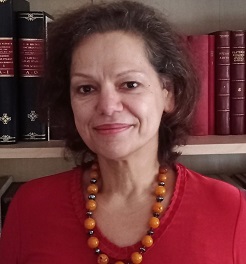Ianthi Maria Tsimpli
University of Cambridge
|
Greek linguistics has been fortunate enough to include a large number of studies on the acquisition of Greek as a first or a second language in children and adults. As a first language, Greek has been studied in monolingual and bilingual children (also referred to as heritage language speakers). As a second language, Greek has been studied mostly in children or adults who have immigrated to Greece at different points in their lifespan. As with all languages, the study of their developmental trajectory is highly informative of the domains of the language that are more or less delayed and more or less open to individual differences. More interestingly, the comparison of these trajectories across languages can contribute in highly informative ways to our understanding of the basic principles of language development and by extension, to the psychological and biological grounds of formal linguistic theory. Reviewing some of the findings of Greek L1 and L2 acquisition studies, I will focus on how they have helped us grasp our understanding of Language.


